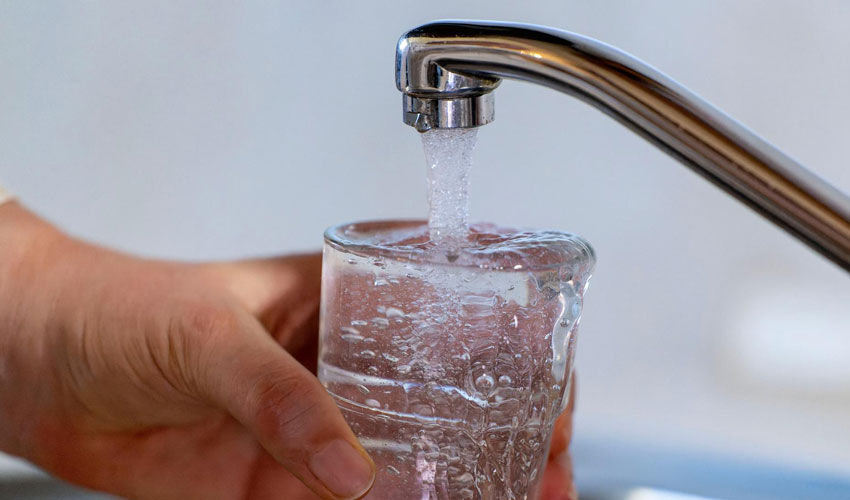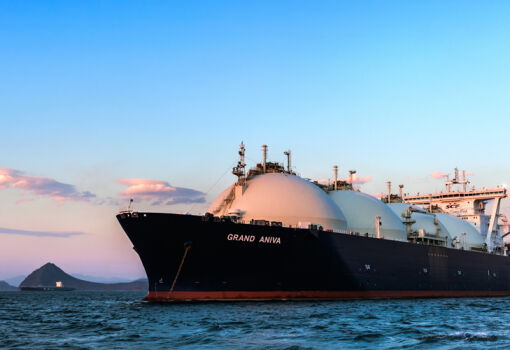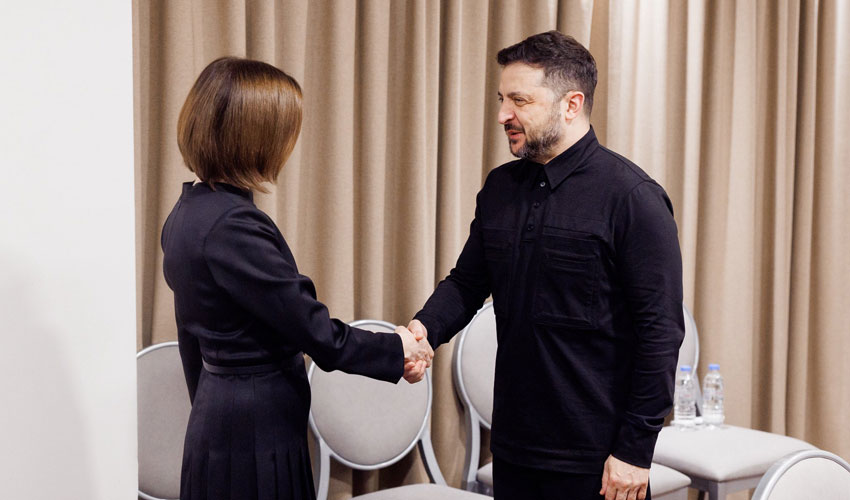
Funding was provided by Germany through the United Nations Refugee Agency (UNHCR). The project implementation agreement was signed between the State Chancellery of Moldova and the German Society for International Cooperation (GIZ).
The objective of the WASSER project (translated from German as “water”) is to improve the ability of authorities in the region along the Ukraine-Moldova border to effectively manage crisis situations in the field of water supply and wastewater treatment services.
The project includes five key areas: providing basic information on maintaining water supply and wastewater management in crisis situations; developing measures to stabilize water supply and wastewater management at the border level; upgrading staff skills; introducing measures to raise awareness of drinking water crises; and strengthening cross-border exchange of experience on crisis prevention.
The project is particularly relevant in light of the consequences of the ongoing war in Ukraine, which has significantly increased the pressure on Moldovan infrastructure and life-support systems. Since the beginning of the conflict, more than 1.9 million refugees have passed through the country and over 70,900 have received temporary protection.
The WASSER project is one of three components of German funding to support UNHCR Moldova’s efforts to ensure access to protection and life-saving services for refugees and vulnerable families in Moldova. In addition to infrastructure activities, the funds will be used to strengthen refugees’ access to legal aid, support vulnerable groups, promote refugee integration through training, employment and social cohesion projects.
“Germany is one of UNHCR’s most important donors, continuously providing real assistance to refugees on a global level. Since the outbreak of the war in Ukraine in February 2022, Germany has been a key contributor to UNHCR’s humanitarian response in the region, including in the Republic of Moldova, where humanitarian needs remain significant,” UNHCR said in a statement.













